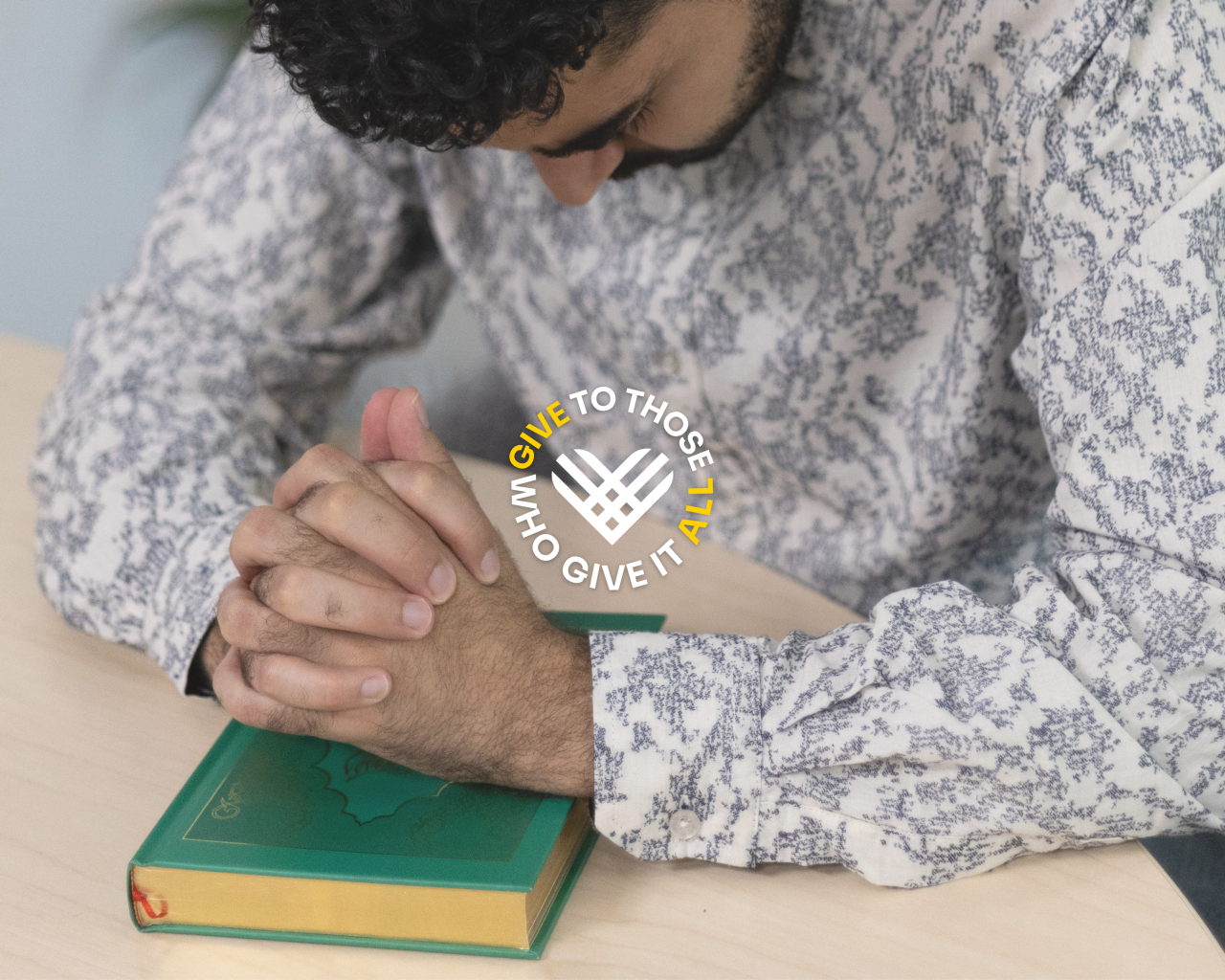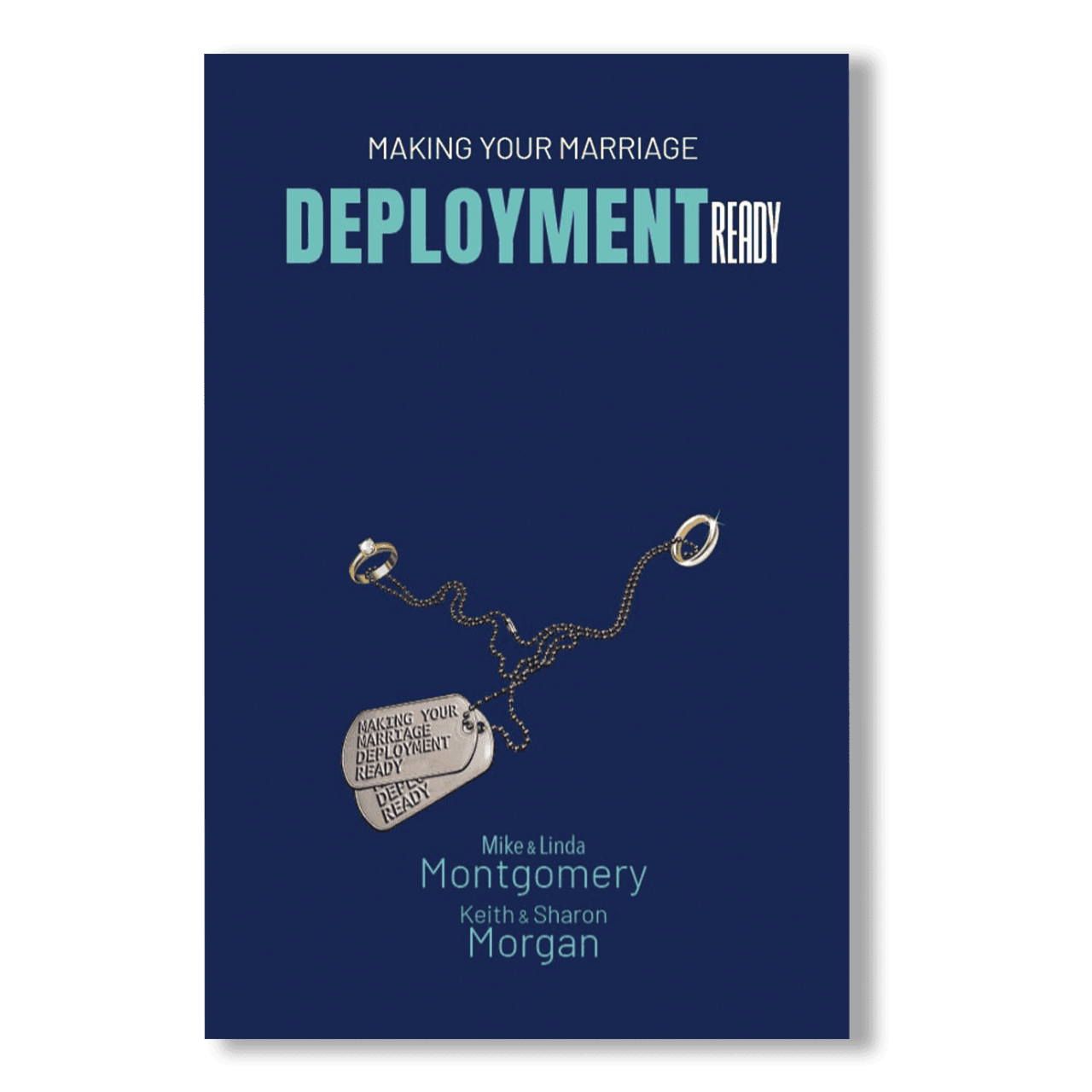Christian vs. Christian: Healing Church Dysfunction

As the saying goes, “You can choose your friends, but you can’t choose your family.” But what if you fail to recognize who your family really is?
My friend sat in the sixth row of a big church. “If you vote this way,” the pastor said adamantly, “you’re guilty by association.” That was the day her dad and brother stopped going to church. As an adolescent, she didn’t fully understand.
But 10 years later, in the second row of another church, my friend understood. From the pulpit, the pastor berated those with opinions different from his own — opinions the pastor did not take from the Bible, or Jesus or the core doctrines of Christianity. My friend was in tears by the end of the sermon. The pastor had questioned whether she was a true Christian. Since then, she has felt like she will never belong in that church.
This situation — Christians divided from one another — is all too common.
The Consequences of a Divided Church
Division is not new, especially in the church. Racial, economic and political divides have always affected the Body of Christ, and they still do today.
The rest of the world is watching, waiting to see if we live consistently with what we say about Jesus bringing life and peace. When the Christian community is torn apart:
- Non-believers are turned off.
- Christians within the church can feel isolated and alienated.
- Christians not of the dominant culture go unheard and undervalued.
If we don’t take reconciliation seriously, we are creating an added barrier between people and Jesus.
As members of the church, we must own this problem.
The cultures we live in encourage us to divide ourselves according to our demographics, our backgrounds and our ideologies. But the gospel enables us to write a different story.
In John 17, shortly before His arrest and crucifixion, Jesus prayed for two things: the holiness of the church and unity within the church, “that they may become perfectly one, so that the world may know that You [God the Father] sent Me and loved them even as You loved Me” (John 17:23, ESV).
Christians thinking and behaving as though we are one family, with shared beliefs and values and a sense of vital commitment to one another, is essential if the rest of the world is to encounter Jesus through us.
Because of Jesus, reconciliation is not an impossible dream. Here are three ways you can be part of the solution rather than part of the problem:
1. Start With Yourself
It’s hard for me to pray consistently for people and continue thinking negatively of them.
A fervent prayer life and dependence on the Holy Spirit are vital for reconciliation. Conversing with God throughout the day allows us to be transformed and see the way God sees.
One of the things that God had to teach me is, “Remember, Darryl, you didn’t always see things the way I see them. And there are times when you still don’t, but I still love you. I never throw you away; I never write negative things about you.”
The reason I go down certain roads is that I feel entitled to share my point of view. There are times when I want to cuss believers out who see things differently than I do. But I have to always say to myself, “What they need to see is Christ, not my point of view and not my bitterness and anger.”
If we’re sensitive to the pressure of the world and the division around us, God can use it to reveal to us what’s in our own hearts. He wants to lead us to places of repentance and humility.
2. Cross Lines
We have to be willing to sit down with others, not acting like opponents in a court of law. Courtroom relationships are based on opposition, which makes understanding others more difficult.
Instead, we need to enter into relationships asking “help me understand” questions. This creates dialogue, not defensiveness.
But relationships shouldn’t stop there. Christians in America often live in the relational equivalent of a gated community. We have signs up that say, “If you don’t think like us, beware of the dog.”
Look at the Jewish and Gentile believers Paul writes about in Ephesians 2. Some Jewish believers said that Gentile believers couldn’t be included in the church. But Paul argues against that. He describes us as a new community, one in which men and women with different ideologies and cultures come together.
Believers have to actively cross those lines that cause division. Paul says that Jesus broke the wall of hostility at the cross. Jesus bridged the divide between a perfect God and sinful humans, and now He enables us to bridge the divides we face today. (For more about how to live this out, see the discussion guide below.)
If my ideologies don’t allow me to serve others or think of others as better than myself, if they don’t allow me to walk in humility and brokenness, then I have missed God’s intentions. Will I obey Christ to the point where I’m willing to set my comfort and my ideologies aside even if it costs me something?
3. Plead the Case of Others.
If we want healing in the church, we must advocate for each other. I don’t mean the tension-inducing, horn-blaring form of advocacy that we see on TV. The type of advocacy I’m describing pleads the case of another and supports the interests of a group.
“All black people are this way.”
“All Midwesterners are like this.”
“All poor people are like this.”
Have you heard these phrases? Or have you said any of these phrases, even to yourself?
We have a strong bent toward generalizing.
When I go to the African American barbershop, we always talk about religion, current events and sports. But when someone says, “All white people are like this,” I need to respond by advocating: “Let me tell you about some of my friends and what they’ve meant to me and my life.”
When Jesus came, He spoke up on our behalf. And He continues to do so. He has so much relational influence with the Father that He can speak on our behalf. We also have relational influence with those who are like us. This gives us a platform to advocate for those who are different.
Disunity Is My Problem, and It’s Your Problem
If we claim to have the message of reconciliation (which the Bible says we do), but we keep waiting for others to fix the problem, then how are we representing Christ?
What if believers lived like Jesus?
If we sought relationships with those who are different. If we were known for our belief in the gospel rather than shouting our opinions on social media. If we believed the best of people rather than questioning their faith on the basis of political ideology. If we spoke with grace and truth, loving those who hate us and pointing people to Jesus instead of becoming a roadblock to Him.
What would the world see if believers loved each other the way Christ has loved us?
The church cannot thrive on disunity. But when people of different cultures, backgrounds and ideologies come together — when people who the world says should hate each other come together — and their shared love for Jesus becomes greater than any differences, then the world will see the power of the gospel.
Discussion Guide
Christians must take ownership. Reconciliation can happen when we all begin to make these small changes.
We can start simply. One of the best ways to keep moving forward as the church is to continue asking questions of yourself and discussing these topics with other believers. We’ve created a discussion guide for you to use for personal study, one-on-one conversations or small groups.





















